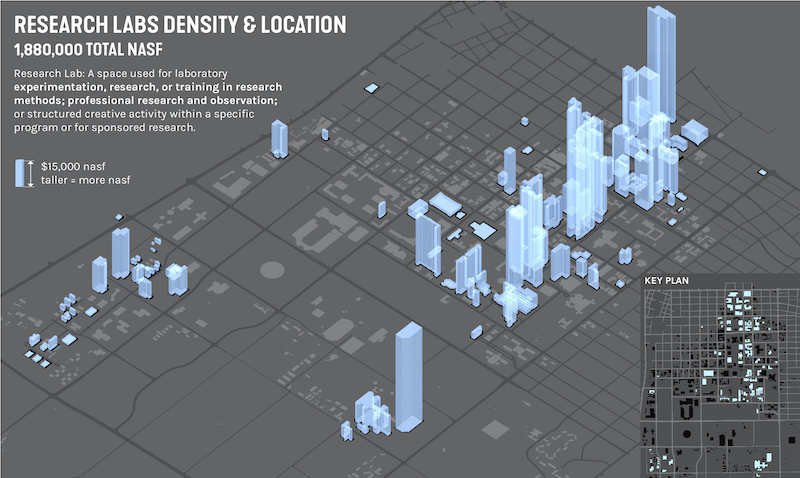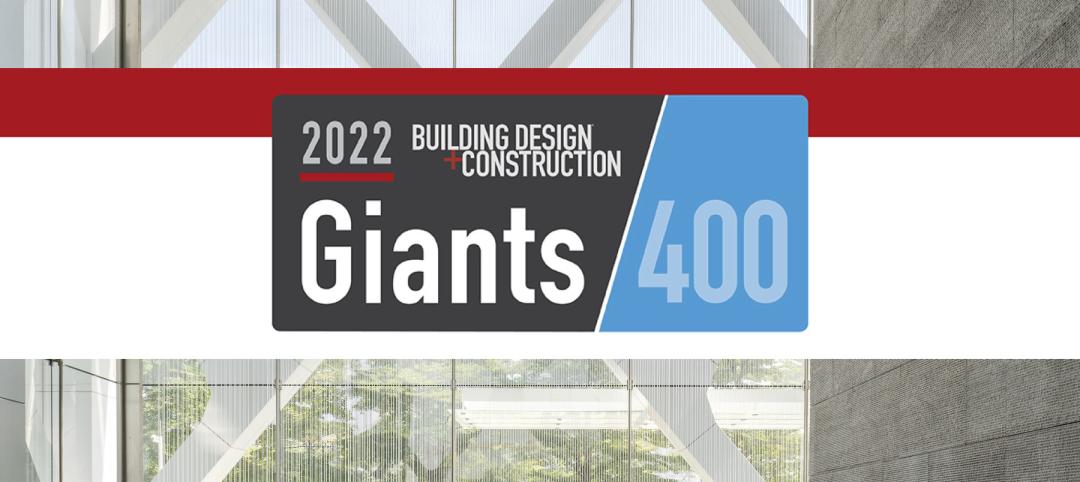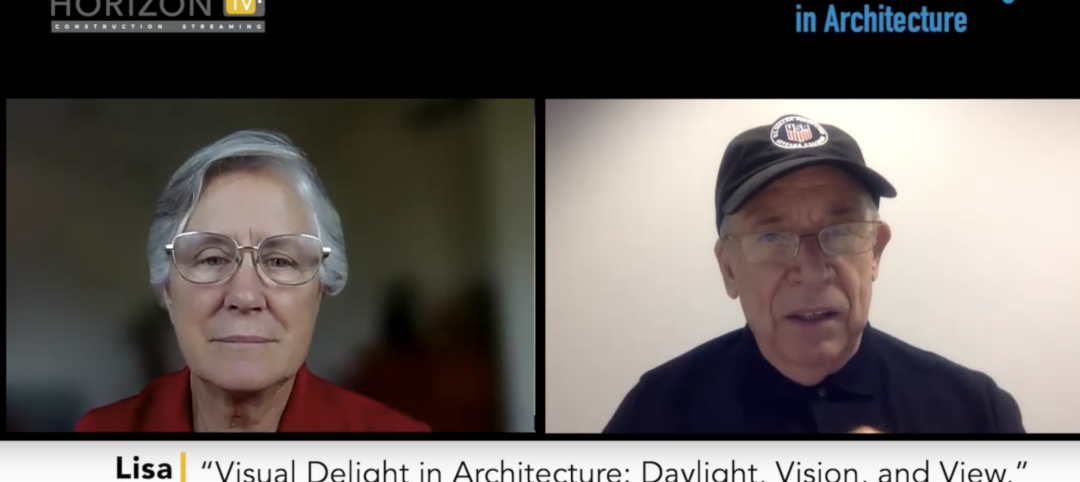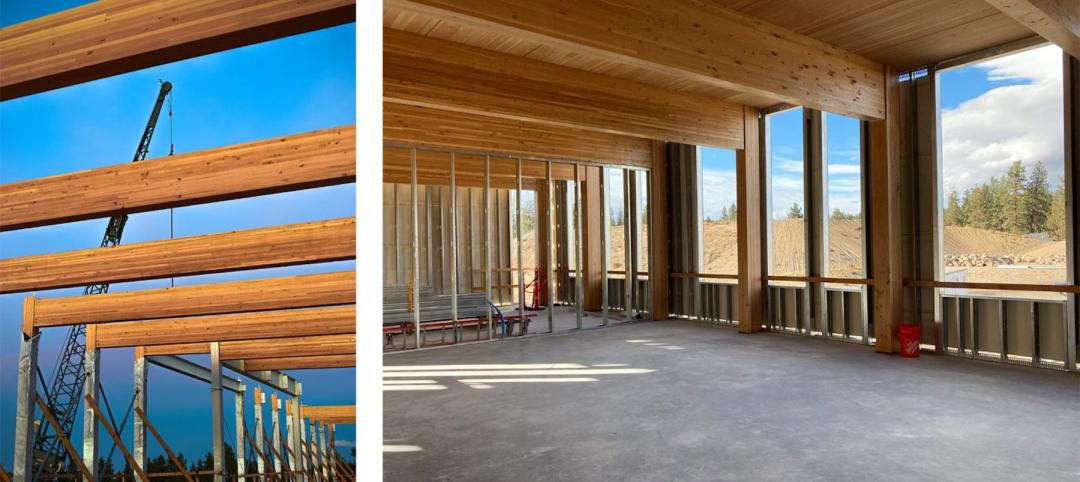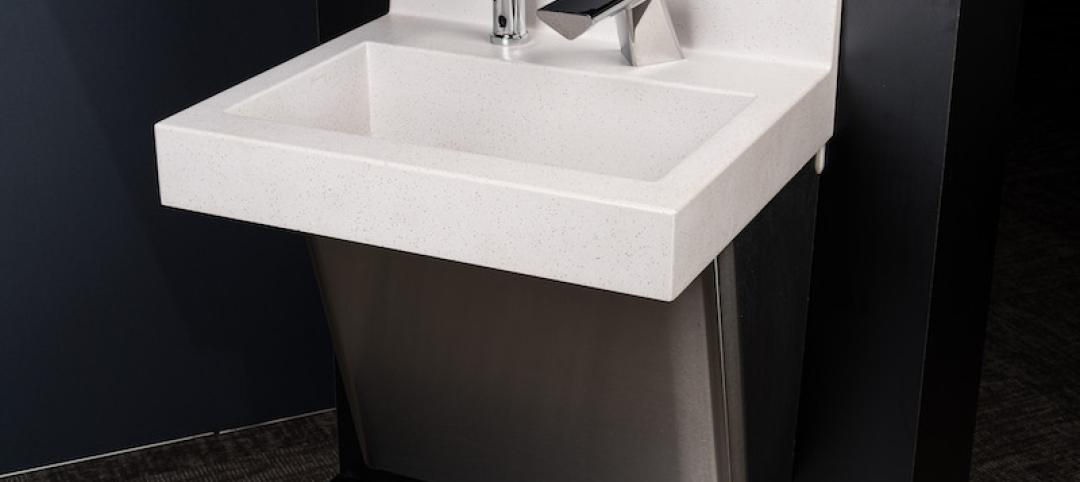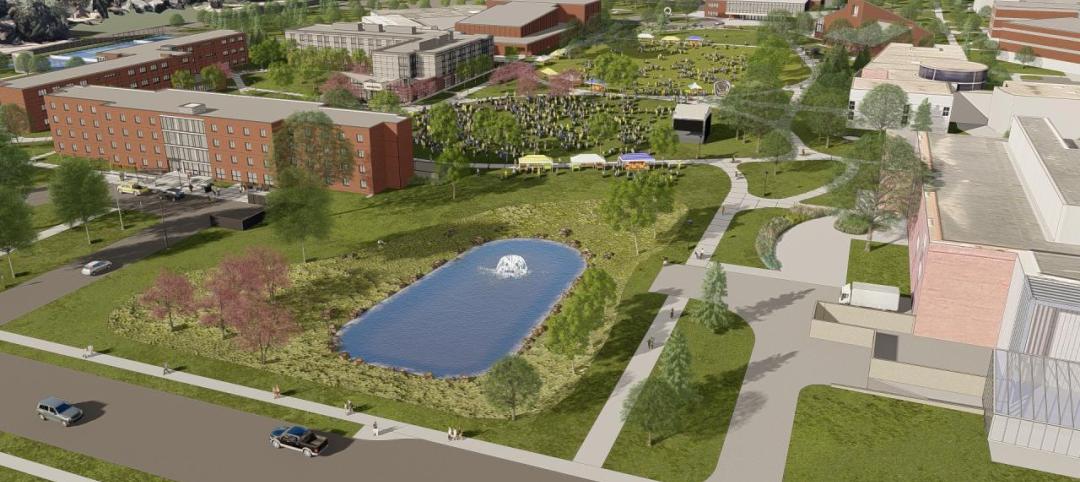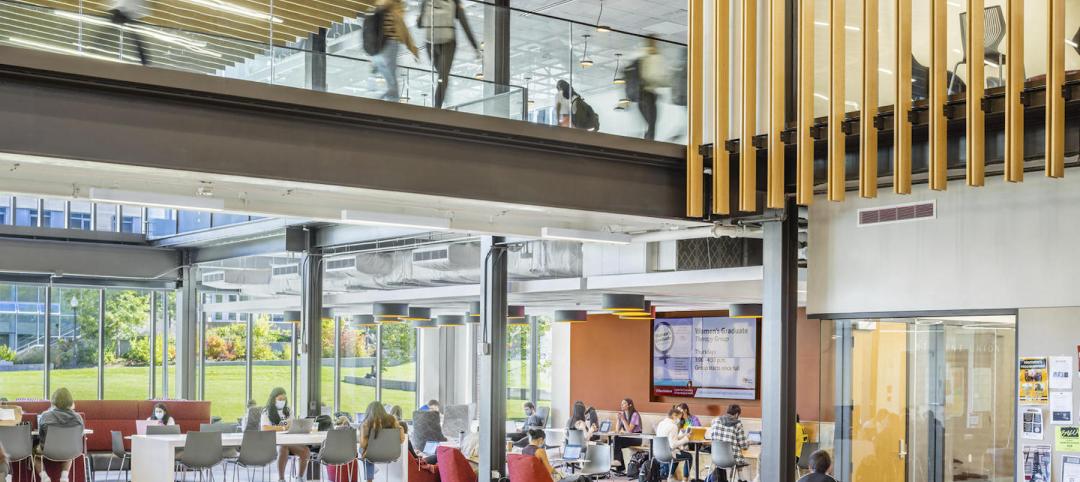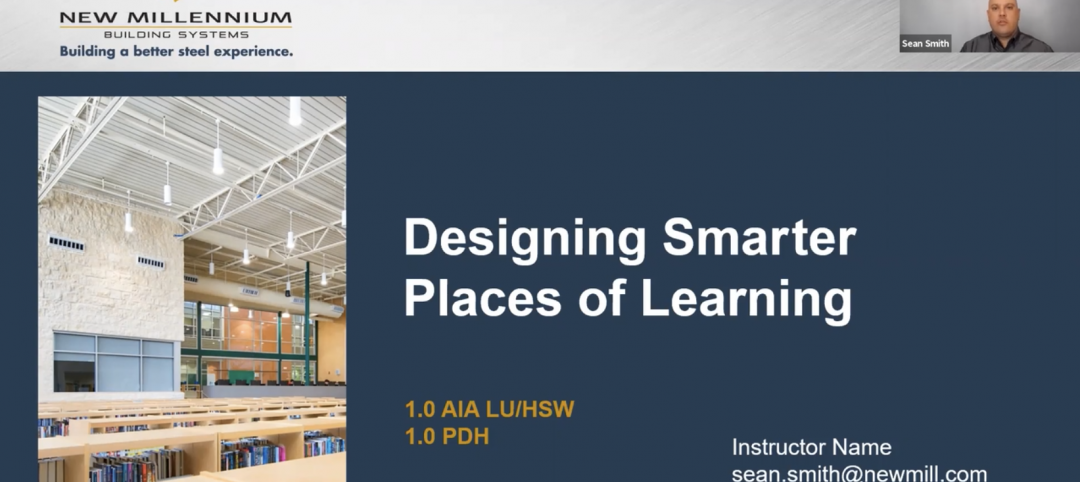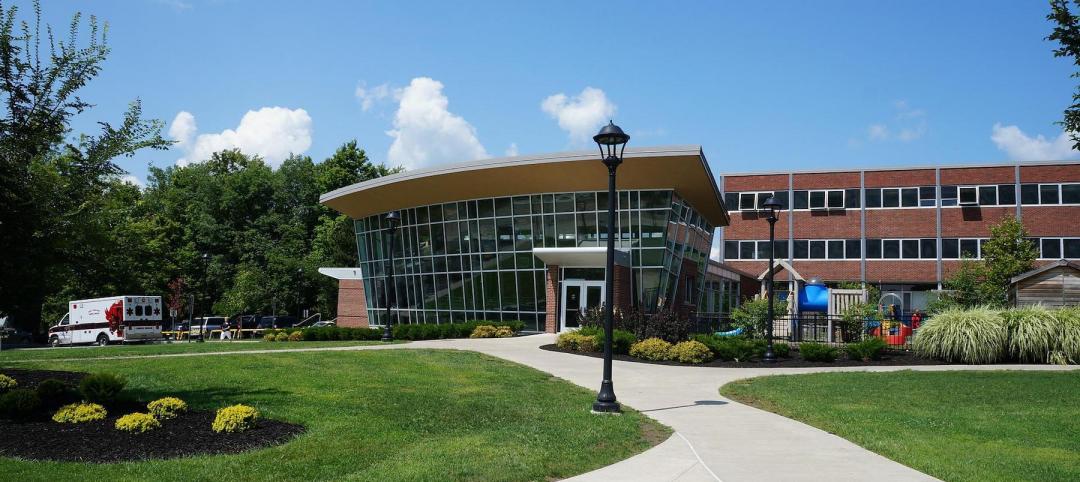About a year ago, SmithGroup merged with Paulien & Associates, a higher education planning firm based in Denver. The two companies had worked together on various projects for a decade, and Paulien has provided planning services for over 700 campuses.
That merger led to the formation within SmithGroup of its Campus Strategy & Analytics service, whose mission is to help colleges and universities evaluate their physical spaces and available resources, and align that information with the institution’s aspirations.
Higher Ed “wants to be nimble, but its assets are fixed,” observes Paul Leef, LEED AP, AIA, Vice President-Campus Strategy & Analytics Services.
Before SmithGroup discusses space with any of its Higher Ed clients, “we have a conversation about strategy,” says Leef. That discussion can touch on everything from the local environment and occupational demand to where a school’s program might be falling short in areas like new teaching and learning strategies, demographic trends, or policy development.
The team then analyzes factors that can include how campus space is being used versus prospective needs, the functionality and location of buildings, and whether the number, size, or type of classrooms is in sync with the campus’ pedagogy.
Leef says his team gives clients an external view of what’s driving education nationally. The team can provide insight into demographic changes and how they are impacting enrollment and teaching; for example, how first-generation students learn differently and require different services.
This exercise is usually less about the quantity of space, and more about repositioning existing assets. SmithGroup recently completed a study for the state of Oregon of its seven state universities, and found that while they had enough space, “they didn’t have the right combination of assets,” Leef says. SmithGroup recommended addressing deferred maintenance and programming in existing buildings. The firm also did a deep dive into those schools’ job markets and occupational demand to develop a framework for making capital fund decisions, and setting priorities for future assets.
SmithGroup has done a similar study for Florida’s legislature of the state’s 12 universities, and will examine Florida’s 28 colleges next. The Campus & Strategy Analytics team, with eight to 10 people, has worked with between 10 and 15 campuses in other markets, including a Big 12 university’s (which Leef couldn’t name) whose School of Medicine wants to enhance its reputation as a research facility.
Because Paulien’s project list is extensive, it can bring in data from other schools and markets to inform its analysis of a particular client. But, Leef is quick to note, “every institution has a different role.”
Those institutions are not required to use SmithGroup’s design services to tap into its strategy and analytics services. “We’re seen more as a trusted advisor that helps our clients succeed,” he says.
Related Stories
Giants 400 | Aug 19, 2022
2022 Giants 400 Report: Tracking the nation's largest architecture, engineering, and construction firms
Now 46 years running, Building Design+Construction's 2022 Giants 400 Report rankings the largest architecture, engineering, and construction firms in the U.S. This year a record 519 AEC firms participated in BD+C's Giants 400 report. The final report includes more than 130 rankings across 25 building sectors and specialty categories.
Daylighting | Aug 18, 2022
Lisa Heschong on 'Thermal and Visual Delight in Architecture'
Lisa Heschong, FIES, discusses her books, "Thermal Delight in Architecture" and "Visual Delight in Architecture," with BD+C's Rob Cassidy.
| Aug 8, 2022
Mass timber and net zero design for higher education and lab buildings
When sourced from sustainably managed forests, the use of wood as a replacement for concrete and steel on larger scale construction projects has myriad economic and environmental benefits that have been thoroughly outlined in everything from academic journals to the pages of Newsweek.
Multifamily Housing | Aug 4, 2022
Faculty housing: A powerful recruitment tool for universities
Recruitment is a growing issue for employers located in areas with a diminishing inventory of affordable housing.
Higher Education | Aug 1, 2022
A revived national database identifies present and future college planning trends
Buro Happold’s brightspot strategy helped the Society for College and University Planning restart its information gathering.
University Buildings | Jul 11, 2022
Student life design impacts campus wellness
As interior designers, we have the opportunity and responsibility to help students achieve deeper levels of engagement in their learning, social involvement, and personal growth on college campuses.
Sponsored | BD+C University Course | May 10, 2022
Designing smarter places of learning
This course explains the how structural steel building systems are suited to construction of education facilities.
Higher Education | May 5, 2022
To keep pace with demand, higher ed will have to add 45,000 beds by year-end
The higher education residential sector will have to add 45,000 beds by the end of 2022 to keep pace with demand, according to a report by Humphreys & Partners Architects.
Sponsored | BD+C University Course | May 3, 2022
For glass openings, how big is too big?
Advances in glazing materials and glass building systems offer a seemingly unlimited horizon for not only glass performance, but also for the size and extent of these light, transparent forms. Both for enclosures and for indoor environments, novel products and assemblies allow for more glass and less opaque structure—often in places that previously limited their use.


